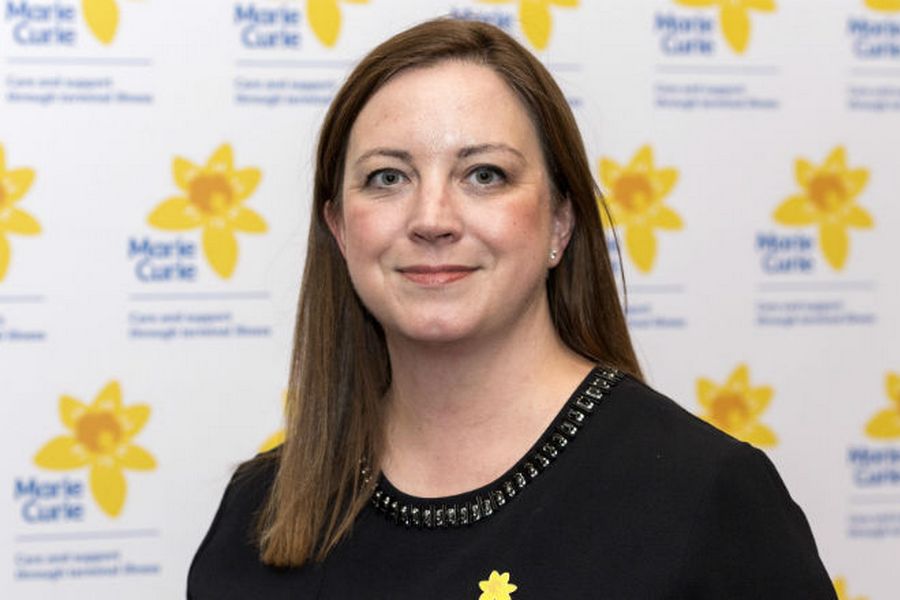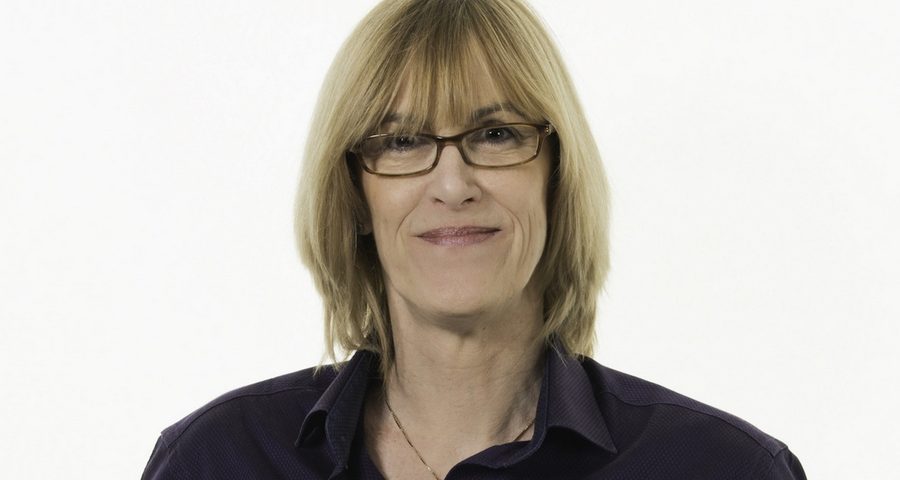
How to engage your board in fundraising
February 7, 2018
Expert View: Professionalisation is essential for the future of fundraising
March 21, 2018The fundraising profession is predominantly white and middle-class. What does this mean for the profession and what more could be done to redress the balance? Fundraising Europe interviews Amanda Bringans, chair of the UK’s Institute of Fundraising and director of fundraising at the British Heart Foundation.
[Fundraising Europe] Why is it so important that the sector has a diverse and representative workforce?
[Amanda Bringans] The sector is made up of committed and passionate fundraisers who support the incredible work being done by the UK’s charitable sector. But it’s important for the fundraising sector to be as diverse as the communities fundraisers serve. I’m a believer that if you constantly recruit people in your own image, you’re only going to carry on getting the same results. So, being white and middle class, it’s all too easy to end up recruiting people from a similar background.
Having worked with organisations like VSO in the past, which has a far bigger spread in terms of the cultural and ethnic minority representation, I’ve seen what this adds to the team. A more diverse workforce is not only more inclusive, but a richer and more representative one. It means fundraising teams will be better equipped to understand the people they support, to attract volunteer fundraisers from across the community and ultimately help charities achieve their missions.
And when you include different types of people, paving the way for a new, more diverse, generation of fundraisers, the more likely you will be of achieving innovative results.
In what way does the UK fundraising marketplace lack diversity?
Overall the sector is disproportionately white, university educated and middle class. We can see that there are fewer fundraisers from black, Asian and minority (BAME) ethnic groups compared to the overall sector workforce. The IoF’s research with the Barrow Cadbury Trust back in 2013 also highlighted that while there are certainly more women than men in fundraising, they are largely concentrated in junior roles. And there are relatively few fundraisers with disabilities.
Evidence suggests that fundraisers with disabilities and those from religious or ethnic backgrounds are most likely to be found within organisations that reflect these characteristics. Sure enough, when I was on a speakers’ panel at Fundraising Live recently – a fantastic event – I looked across the room of 400 people and realised that there was only one person who seemed to be from a BAME background. Our lack of diversity is limiting the fundraising profession and we have to do more to redress the balance.
What can organisations do to address this?
People often say they want to do something about it, but it’s only once you approach diversity that you realise how challenging it is to create such a significant transformation. It will require collaboration, understanding and patience; it’s going to take time to get this right.
Organisations will need to evaluate and examine their own diversity and inclusion practices and systems. They need to look at how they recruit, monitor and care for staff. To question why there could be so few fundraisers from BAME backgrounds and what they could do differently to change this, such as making a blind selection of CVs when recruiting. We also need to look at what might be preventing those with protected characteristics from engaging fully in our profession. And, of course, what can we do to support them?
What is the Institute of Fundraising doing to improve diversity?
The IoF has always believed that a more diverse workforce would make fundraising a richer and more representative profession, and started working towards diversity when Black Fundraisers UK was founded in 2006 by black professional fundraisers. This Special Interest Group within the Institute continues to support fundraisers from black, Asian and minority ethnic communities today.
But, in the last year, while redefining our own organisational goals, we took the opportunity to embed diversity across our work programme by writing it into our strategic priorities. We wanted to ensure that it will become enshrined in all that we do. When I stepped into the role of chair last July, this was something I really wanted to make happen and it just felt as though the time was right.
Having written diversity into your strategic priorities, what practical steps are the IoF taking to achieve change?
One of our first steps has been to appoint an independent Expert Advisory Panel to guide us in how the Institute can best address diversity. This is an astonishing panel of really talented people and I was in awe of the expertise they bring to the table. Now they are working with us to define our specific objectives, to advise the IoF executive and leadership team and to track our progress.
Initially, we are looking at how the IoF can take positive action to co-opt people from diverse communities into our governance structures and how we can make our events more inclusive through bursary programmes and ensuring we have a broader range of expert speakers. More projects are developing all the time, guided by our panel. I’m really hoping that this will create a bit of momentum and encourage others in the sector to do the same.
How will greater diversity help the sector develop and advance?
We need to empower and support new generations of young fundraisers. We know that it is getting harder to attract fundraisers to the profession than ever before. Once seen as a soft or easy job, it’s increasingly apparent that it’s a tough job to do. What’s more, it’s a particularly challenging time to be a fundraiser. There are more charities competing for funds, the cost of living is higher and trust and confidence is in a difficult place. We need to make it clear that we encourage people from all backgrounds and that we need new ideas and new ways of looking at things.
Ultimately, we need to ensure that fundraisers represent and look like the communities they are asking money from. The sector will only prosper from making the profession more diverse and inclusive.
About Amanda Bringans
Amanda is director of fundraising at the British Heart Foundation and chair of the Institute of Fundraising, the professional membership organisation for UK fundraisers. Her previous roles include director of global fundraising and communications at VSO and 16 years working at Macmillan Cancer Support where she became director of fundraising. She has also held senior roles with Leonard Cheshire Disability and Battersea Dogs & Cats Home.



